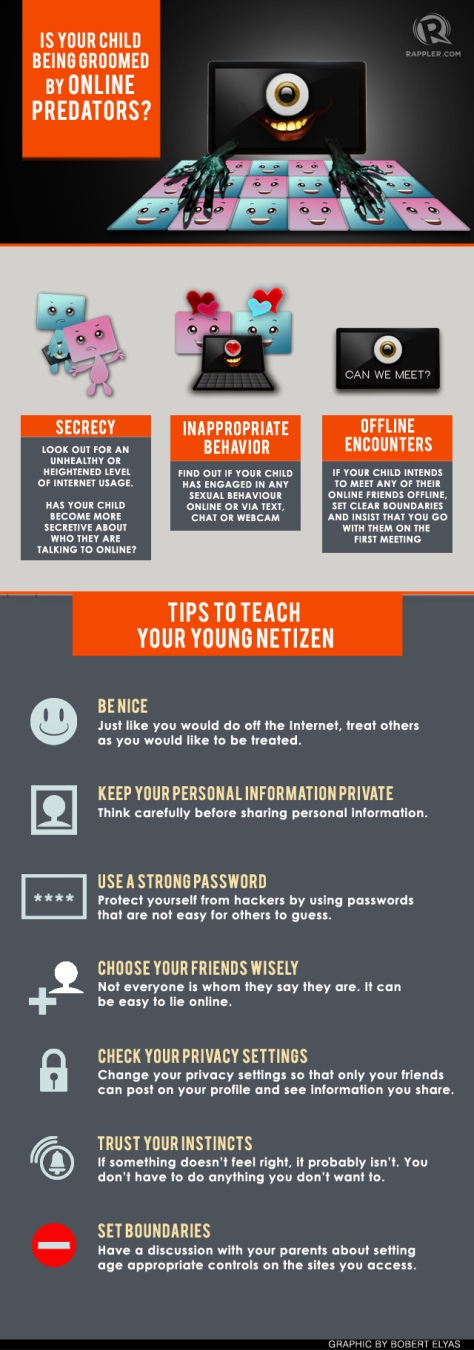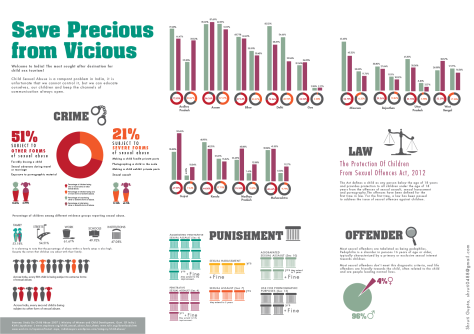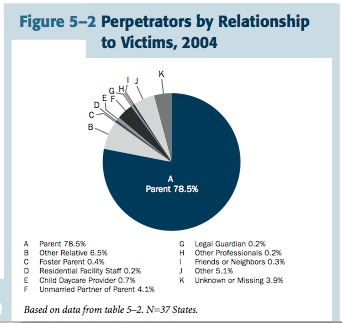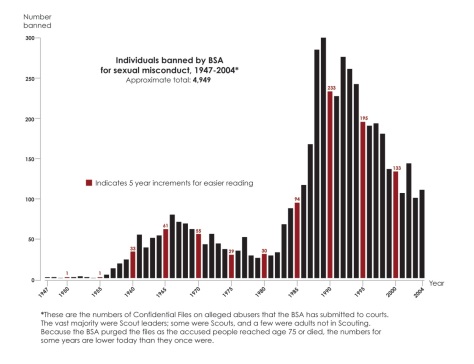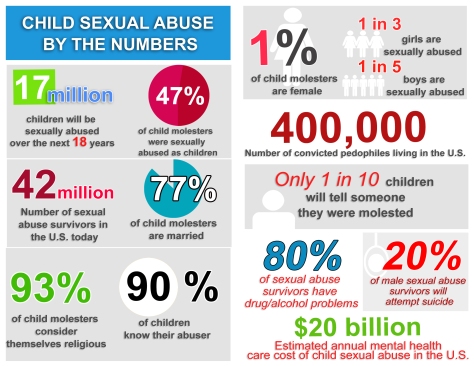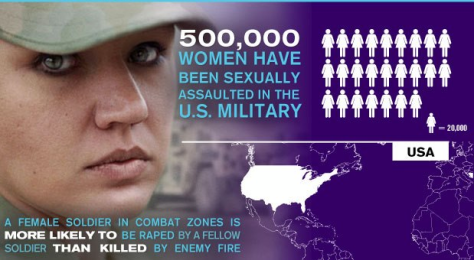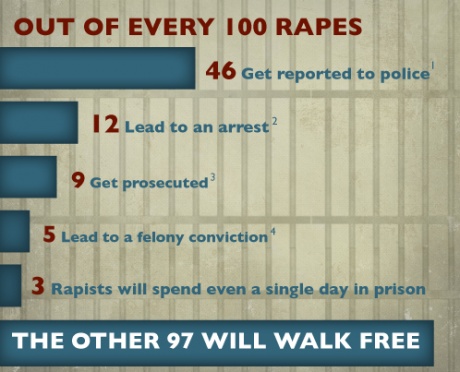 ABSTRACT: Ninety-one child sex offenders were interviewed about the methods they used to target children, the age range of their victims, how they selected children and maintained them as victims, and what suggestions they had for preventing child sexual abuse. Offenders were selected from treatment programs, probation, special hospitals, and prisons. They were interviewed using a semi-structured questionnaire. Results indicate that offenders gained access to children through caretaking, such as babysitting; targeted children by using bribes, gifts and games; used force, anger, threats, and bribes to ensure their continuing compliance; and systematically desensitized children through touch, talk about sex, and persuasion. Nearly half the offenders had no bad feelings about sexually abusing children. The implications for prevention programs are discussed.
ABSTRACT: Ninety-one child sex offenders were interviewed about the methods they used to target children, the age range of their victims, how they selected children and maintained them as victims, and what suggestions they had for preventing child sexual abuse. Offenders were selected from treatment programs, probation, special hospitals, and prisons. They were interviewed using a semi-structured questionnaire. Results indicate that offenders gained access to children through caretaking, such as babysitting; targeted children by using bribes, gifts and games; used force, anger, threats, and bribes to ensure their continuing compliance; and systematically desensitized children through touch, talk about sex, and persuasion. Nearly half the offenders had no bad feelings about sexually abusing children. The implications for prevention programs are discussed.
Purchase at http://www.sciencedirect.com/science/article/pii/0145213495000173.
Image courtesy http://dobuy.co.uk/cbhuk/wp-content/uploads/2011/11/Hajj-Survey-960×198.png


